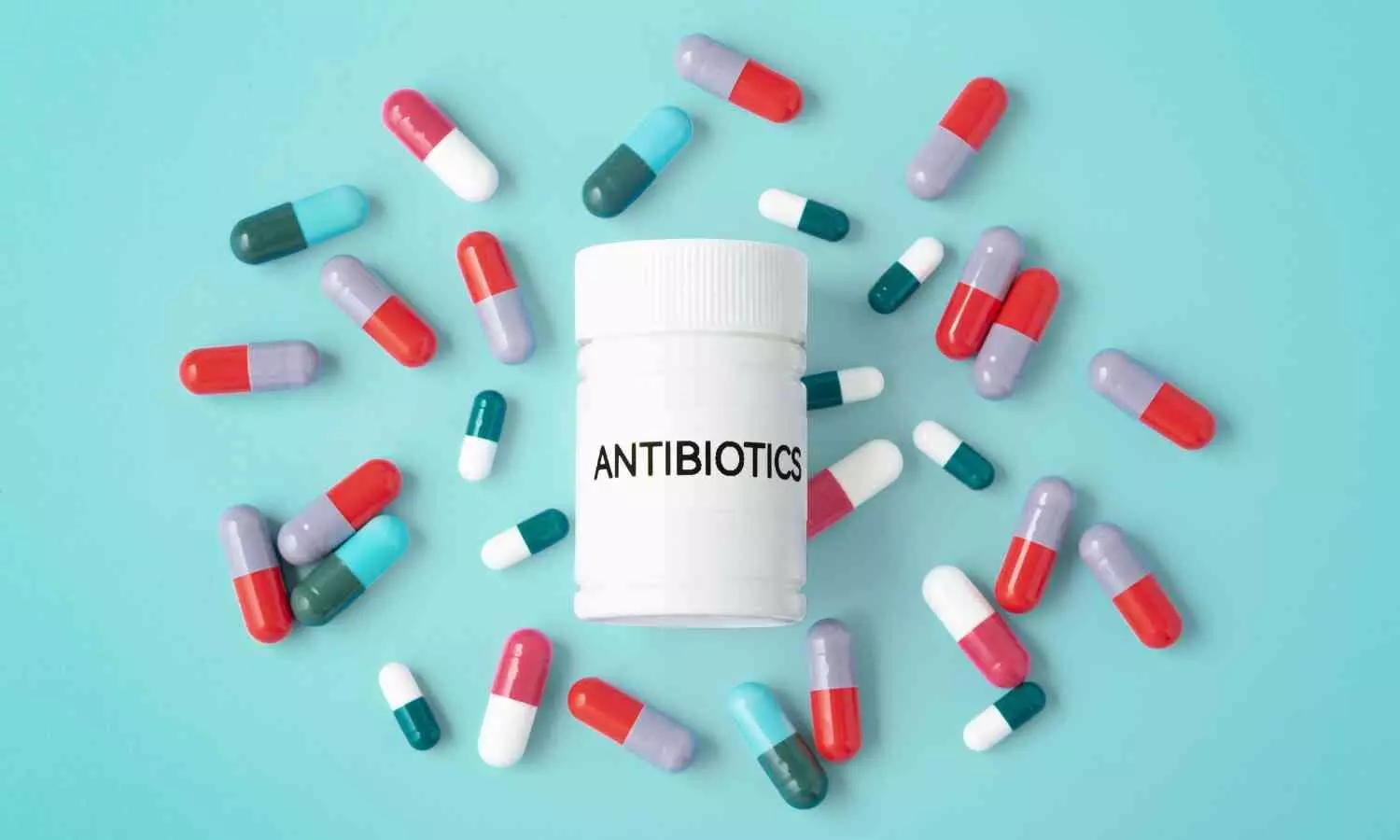Study Links Single-Use Plastic Bottles to Spread of Antibiotic Resistance

New Delhi: Researchers from the Institute of Nano Science and Technology (INST) Mohali, under the Department of Science and Technology (DST), have uncovered a potential public health risk linking nanoplastics from single-use plastic bottles (SUPBs) to the spread of antibiotic resistance. Their study, published in Nanoscale, highlights how these plastic-derived nanoparticles may transform beneficial bacteria into carriers of antibiotic-resistance genes.
Nanoplastics, formed from the degradation of SUPBs, coexist with microorganisms in diverse environments, including the human gut, and are known to impact health. The INST team, led by Dr. Manish Singh, focused on Lactobacillus acidophilus—a key player in the gut microbiota—to explore how these plastic nanoparticles influence bacterial behavior.
The study synthesized polyethylene terephthalate bottle-derived nanoplastics (PBNPs) from discarded plastic bottles to replicate environmentally relevant nanoplastics. These PBNPs were shown to facilitate the cross-species transfer of antibiotic resistance genes between bacteria through a process called horizontal gene transfer (HGT). Specifically, the transfer occurred from E. coli to Lactobacillus acidophilus, mediated by bacterial secretion of outer membrane vesicles (OMVs).
The researchers identified two novel mechanisms by which PBNPs promote antibiotic resistance gene transfer. The first mechanism, the direct transformation pathway, involves PBNPs acting as carriers of antibiotic resistance plasmids. These plasmids are transported across bacterial membranes, enabling direct gene transfer between bacteria.
The second mechanism, the OMV-induced transfer pathway, occurs when PBNPs cause oxidative stress and surface damage to bacteria. This stress activates genes that increase OMV secretion. These OMVs, loaded with antibiotic resistance genes, serve as potent vectors, facilitating gene transfer even between unrelated bacterial species.
The findings suggest that nanoplastics may introduce antibiotic resistance genes to beneficial gut bacteria such as Lactobacillus acidophilus, which could then pass these genes to pathogenic bacteria during infections. This reveals a previously unrecognized risk posed by nanoplastics to microbial communities and public health.
The study emphasizes the critical role of protecting beneficial gut bacteria, essential for digestion, immune support, and disease prevention. Minimizing nanoplastic contamination is vital to preserving gut microbiota integrity and reducing the likelihood of antibiotic resistance gene transfer from beneficial to harmful bacteria.
The researchers stress the need for urgent measures to limit nanoplastic pollution from SUPBs, as their impact extends beyond environmental damage to potentially worsening the antibiotic resistance crisis—a pressing global health concern.


